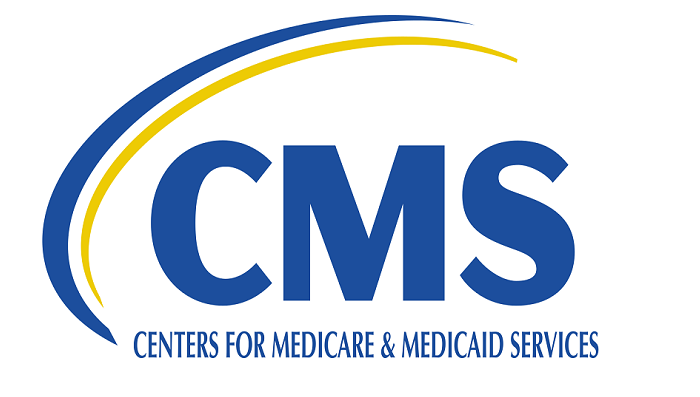
Please contact or 1-800-MEDICARE (TTY users should call 1-87) 24 hours a day/7 days a week to get information on all of your options. Any information we provide is limited to those plans we do offer in your area. We do not offer every plan available in your area. People under 65 with certain disabilities may be eligible for Medicare and are considered Medicare beneficiaries. Use of the word “senior” or the number “65” does not imply that Medicare plans are only available to seniors. Medicare plans are available to all Medicare beneficiaries. For official federal government information, please visit or (1-800-MEDICARE). is not connected with or endorsed by the United States federal government or the federal Medicare program.

is owned and operated by a private company, Amabo LLC, and is not affiliated with the federal government health insurance marketplace or state-based marketplaces. If you call a phone number or click a link shown on our website, we may receive compensation. By using you agree to our Terms of Service and Privacy Policy.Ĭompensation disclosure: We show phone numbers and links as advertisements to our marketing partners. Search: Medicare Reimbursement Rate For Pmhnp. Information and figures shown on are based on publicly available information from and. There is no way to 'opt out' or 'suppress' the NPPES record data for health care providers with active is for research purposes only. The information disclosed on the NPI Registry are FOIA-disclosable and are required to be disclosed under the FOIA and the eFOIA amendments to the FOIA. Our Data: Information on is built using data sources published by Centers for Medicare & Medicaid Services (CMS) under Freedom of Information Act (FOIA). It contains quality of care information on every Medicare & Medicaid-certified nursing home in the country, including over 15,000 nationwide. Covered health care providers and all health plans and health care clearinghouses must use the NPIs in the administrative and financial transactions adopted under HIPAA (Health Insurance Portability and Accountability Act). Nursing Home Compare allows consumers to compare information about nursing homes. The NPI must be used in lieu of legacy provider identifiers in the HIPAA standards transactions. NPI Number: The National Provider Identifier (NPI) is a unique identification number for covered health care providers. Participating providers have signed an agreement to accept assignment for all Medicare-covered services. Most doctors, providers, and suppliers accept assignment, but you should always check to make sure.
#MEDICARE GOV NURSING HOME COMPARE FULL#
Medicare Assignment: Assignment means that your doctor, provider, or supplier agrees (or is required by law) to accept the Medicare-approved amount as full payment for covered services. This program also covers certain younger people with disabilities (who receive Social Security Disability Insurance - SSDI), and people with End-Stage Renal Disease (permanent kidney failure requiring dialysis or a transplant, sometimes called ESRD. Medicare Program: Medicare is a federal government program which provides health insurance to people who are 65 or older. Talk to your doctor or other health care provider about the information on Nursing Home Compare.

/arc-anglerfish-arc2-prod-dmn.s3.amazonaws.com/public/UJ7TDQGH5BWIMDF6JO5CEPENRE.jpg)
Use it with other information you gather about nursing homes facilities. Information on Nursing Home Compare isn't an endorsement or advertisement for any nursing home and should be considered carefully. These Nursing Homes can be licensed by the state. Note: Nursing homes aren't included on Nursing Home Compare if they aren't Medicare or Medicaid certified.
#MEDICARE GOV NURSING HOME COMPARE PLUS#
It contains quality of care and staffing information for all 15,000 plus Medicare- and Medicaid-participating nursing homes. Nursing Home Compare allows consumers to compare information about nursing homes. For example, commonly an individual will enter a Medicare SNF following a hospitalization that qualifies him or her for a limited period of SNF services.

A nursing home (also called skilled nursing facility) is a facility or distinct part of an institution whose primary function is to provide medical, continuous nursing, and other health and social services to patients who are not in an acute phase of illness requiring services in a hospital, but who require primary restorative or skilled nursing services on an inpatient basis above the level of intermediate or custodial care in order to reach a degree of body functioning to permit self care in essential daily living.Ī skilled nursing facility (SNF) may be a freestanding facility or part of a hospital that has been certified by Medicare to admit patients requiring subacute care and rehabilitation. Many nursing homes are also certified as a Medicare skilled nursing facility (SNF), and most accept long-term care insurance and private payment.


 0 kommentar(er)
0 kommentar(er)
